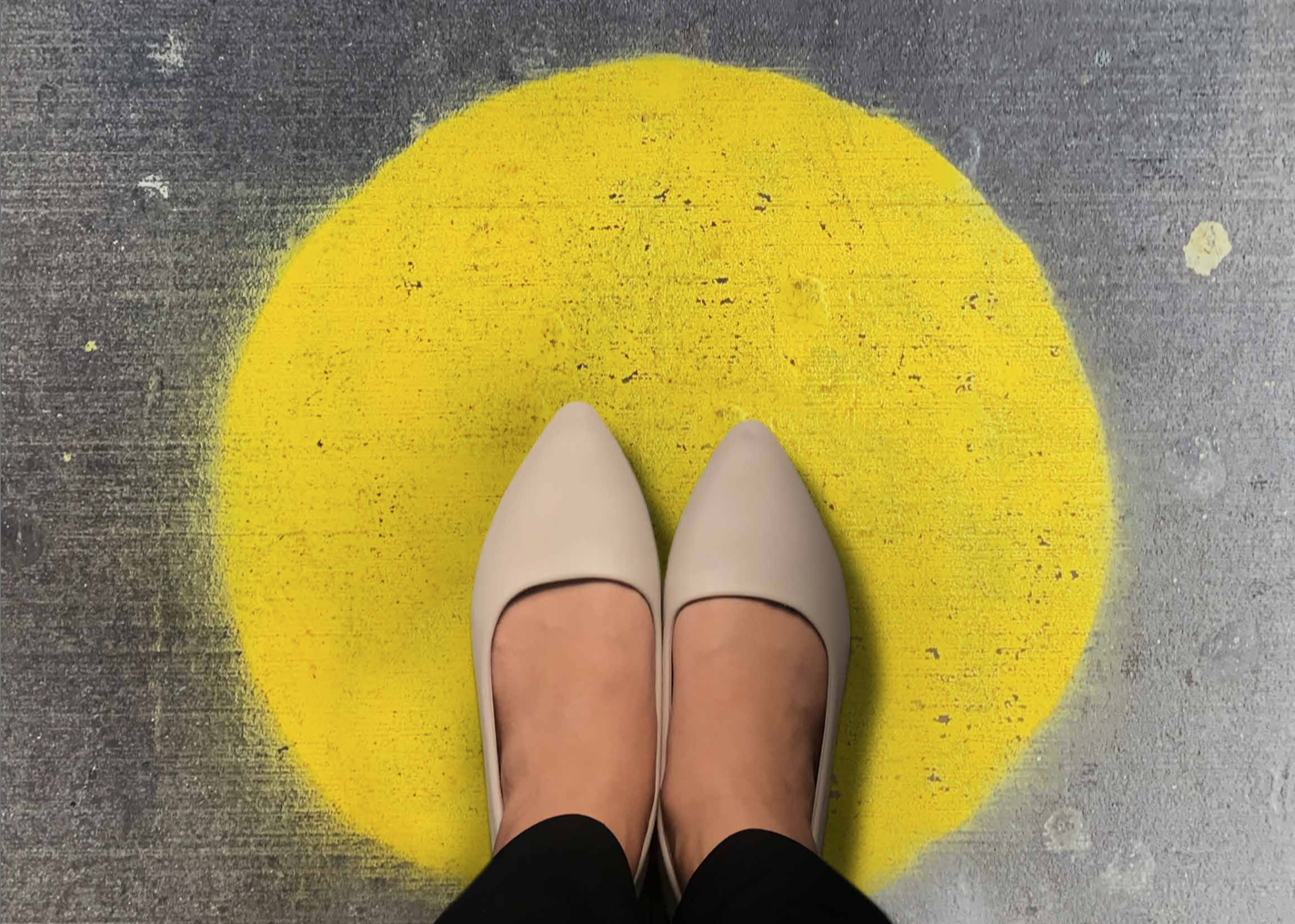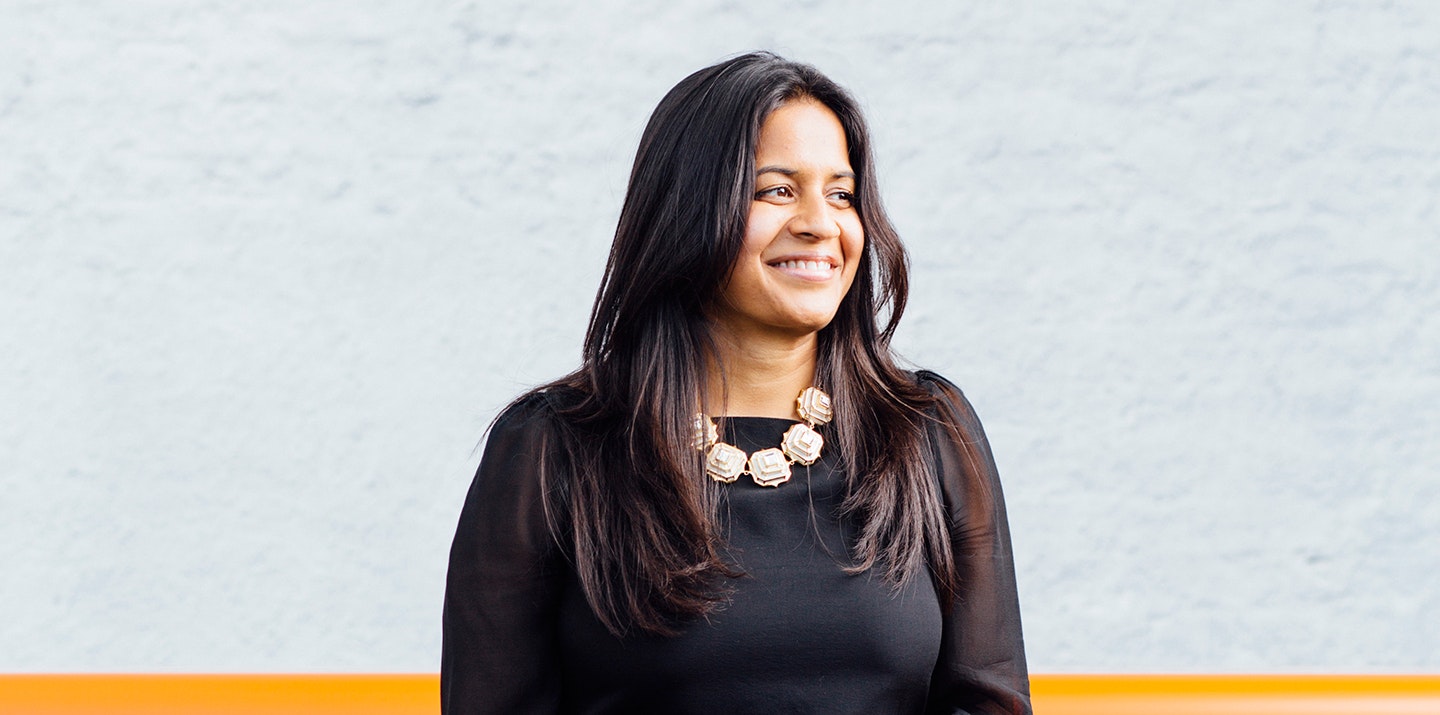Female founders can usually be divided into two groups: those who see themselves as just 'founders' and those who think gender has played a significant role in their entrepreneurial journey. Both display frustration with the status quo. This is understandable. Women are behind just one in five businesses and male-led firms are five times more likely to achieve £1m+ turnover.
But by dwelling on these negatives we risk missing how far we’ve come, feeding the narrative that entrepreneurship is simply harder for women and discouraging others from following suit. As Alexandra Daly, founder of AA Advisors and the person leading a UK industry task force charged with implementing recommendations from the government-backed Rose Review on female entrepreneurship emphasises: “we need to be positive about the here and now.”
And there are reasons to be cheerful.
First, a recent report by the Female Founders Forum, Here and Now, finds that not only are follow-on funding rates similar for male and female-led firms, but the number of female-founded startups raising equity investment for the first time, as a proportion, has almost doubled in less than a decade (from 11% to 21% between 2011 and 2018). The average deal size for female-founded companies hit a new record in 2018, according to data from research company Beauhurst, increasing to £2.33m in 2018 — for context, it was £0.5m in 2011.
The average deal size for female-founded companies hit a new record in 2018.
Second, to decry the venture capital sphere for failing to invest in women is to ignore the very essence of the feminist movement: choice. Some women display a propensity for serial entrepreneurship, exiting their businesses before significant investment has been secured. Some, such as JoJo Maman Bébé founder Laura Tenison MBE, prefer to grow organically. The number of women turning to self-employment has risen by 57% since 2008; one survey found that nine in 10 female business owners were drawn to entrepreneurship for the flexibility it offered.
Crucially, though our research found women-led businesses securing investment in all sectors, they are over-represented in some areas and under-represented in others relative to all equity-funded startups. They are less likely to be in tech or intellectual property-based businesses (27.9% vs 32.9% for all equity-funded startups) but are more likely to be involved in industrials. Within this category, female-founded businesses are twice as likely to be involved in clothing (3.1% vs 1.5% for all equity-funded startups) and significantly more likely to be involved in food and drink-based enterprise.
The most recent Longitudinal Small Business Survey supports our findings: women-led businesses are most likely in health (37%), education (31%), other services (27%) and accommodation and food service (22%). Outside of entrepreneurship, women occupy just 17% of tech jobs, 4% of software engineers and 1% of leadership roles within STEM sectors.
The figures can be analysed in a number of ways. It could be seen as evidence of a STEM gap and signal urgency to get more girls studying maths, computing and engineering. Perhaps we need more role models profiled in the media so that these fields are not associated with the opposite gender. After all, our Future Founders study found that while over half of 14-25 year olds were unable to name an entrepreneur who inspires them, of those who could 85% named a man. The most commonly named female entrepreneurs were media personality Kylie Jenner and Zoella. A broader spectrum of influencers is needed.
A better future
At the launch of the report, Streetbees founder Tugce Bulut and serial entrepreneur Emma Sinclair MBE volunteered that women may not always want to seek funding or scale fast — it is a matter of choice. Bulut — whose business is one of the UK’s fastest-growing — wonders if complete equality in ownership and funding is attainable, or even desirable. If we follow her suggestion of “teaching children entrepreneurial skills from the start” we may soon find out.
Either way, change doesn’t happen overnight and women are making huge strides in a sphere historically dominated by men. As minister for women and equalities, Liz Truss, wrote in Here and Now’s foreword: it is wrong that 50% of the population are not being fully utilised, not having their talents used and not contributing fully to our economy. But there are now 37 members of the Entrepreneurs Network/Barclays-backed Female Founders Forum. Politicians, women’s groups, the venture capital sphere (which is all too aware of the gender disparity) and other entrepreneurs all need to be changing the narrative.


